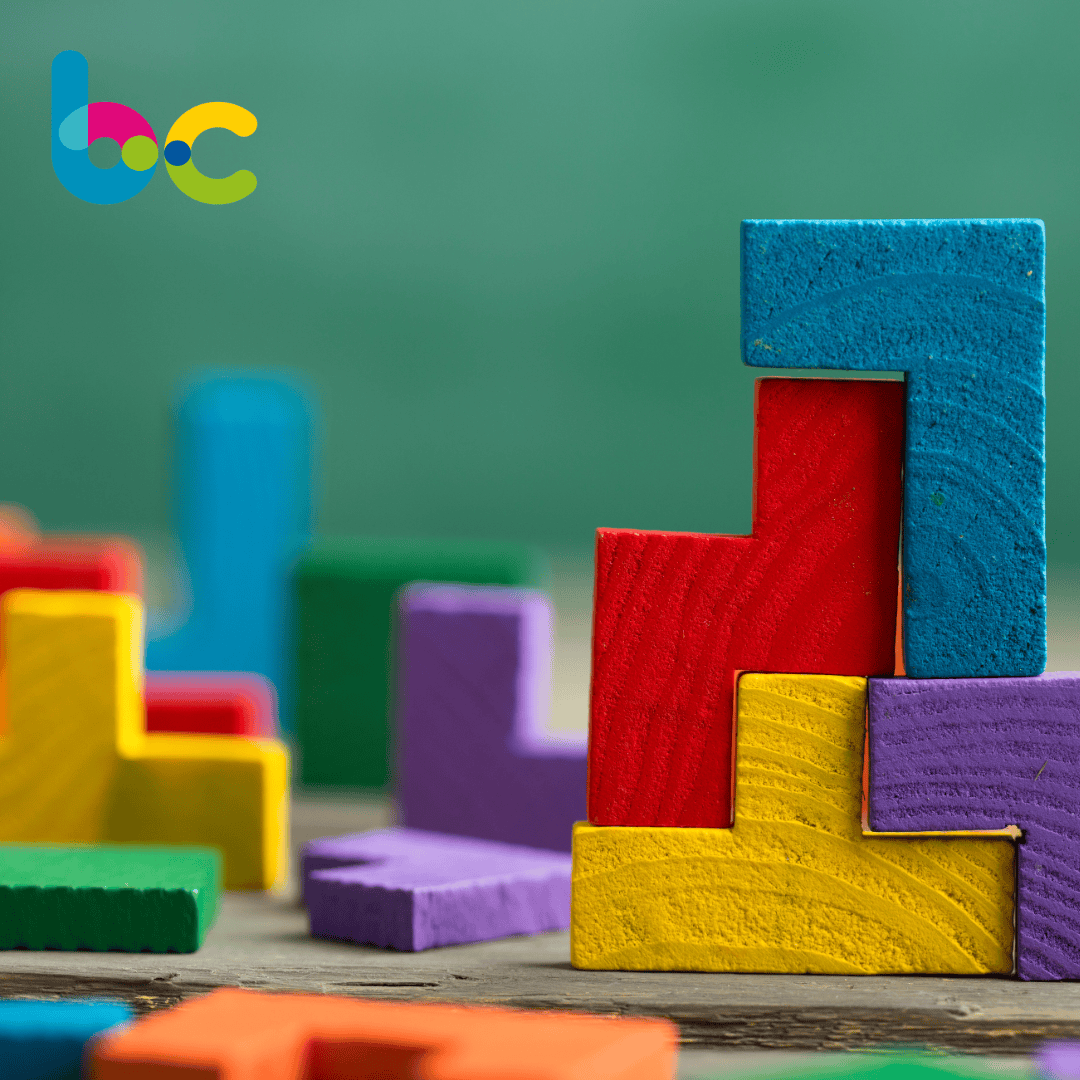Think you haven’t got time to waste on a puzzle? Think again, puzzles are more than just a fun way to kill time—they actually come with a ton of benefits for your mind and well-being. Whether it’s a jigsaw puzzle, crossword, sudoku, or any other type, solving puzzles regularly can help boost brain function, reduce stress, and improve problem-solving skills. Here are just a few reasons why puzzles are great for you!
First off, puzzles are an awesome workout for your brain. When you’re trying to figure out how to fit the right pieces together or solve a tricky clue, your brain is working hard to think critically and make decisions. This kind of mental exercise helps improve memory, attention, and concentration. It keeps your mind sharp, and studies suggest that staying mentally active with puzzles can help prevent cognitive decline as we age. It’s like a gym session for your brain, which can even reduce the risk of conditions like dementia or Alzheimer’s.
Another big benefit of puzzles is that they can help you focus. Many puzzles require a lot of attention to detail, and to solve them, you have to block out distractions and stay on track. As you practice focusing on a puzzle, it helps you get better at focusing in other parts of your life too—whether that’s at work, school, or during everyday tasks. So, if you’re someone who tends to get easily distracted, puzzle-solving might help you sharpen your focus over time.
Puzzles are also great for improving spatial reasoning. Take jigsaw puzzles, for example—figuring out how pieces fit together and visualizing the whole picture can help you get better at understanding how things fit in the real world. This kind of thinking comes in handy when you’re navigating, packing a bag, or even arranging furniture. The more you challenge yourself with puzzles, the more you improve your ability to understand spaces and how different parts relate to each other.
But it’s not all about the brain—puzzles can also help with your mental health. They can be a relaxing and soothing activity, offering a break from the busyness of everyday life. Solving a puzzle requires focus, which can actually help calm anxiety and give you a moment of mindfulness. It’s like hitting pause on everything else and just concentrating on a task that feels manageable. It’s a good way to unwind and clear your head after a stressful day.
Plus, there’s a real sense of satisfaction that comes with finishing a puzzle, especially if it was tricky.
That feeling of accomplishment can give your mood a nice boost, making you feel more positive and motivated. It also teaches you patience and perseverance because sometimes you have to work through frustration to reach the end. Every time you complete a puzzle, you’re reminding yourself that you can tackle challenges and see them through to the end.
Finally, puzzles can be a great way to connect with others. Whether it’s a group jigsaw puzzle, solving a crossword together, or racing to finish a sudoku, doing puzzles with friends or family can be a fun way to bond. It encourages teamwork, communication, and patience, and it’s just a relaxed, enjoyable way to spend time together.
So what are you waiting for? Now you know that puzzles are much more than just a fun hobby—but also a powerful tool for keeping your brain sharp, improving focus, reducing stress, and even helping you connect with others. Don’t just sit there – get hold of a puzzle.


